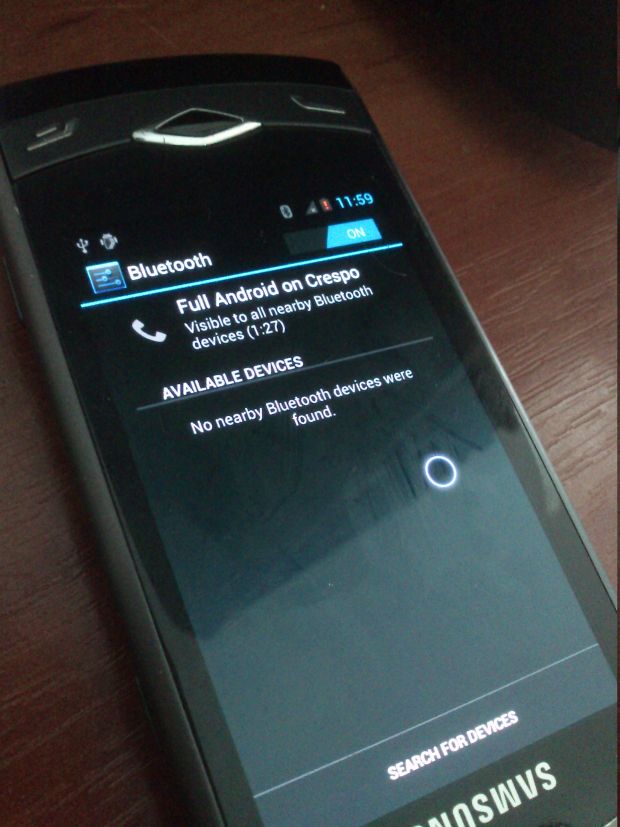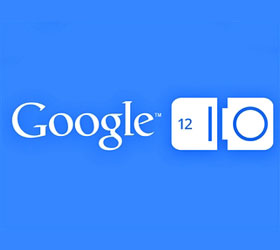There have been several OSes around for some time now. Relatively, iOS and Android being among the popular ones around. However, there are still others such as Symbian, webOS and even bada that have adapted an open source model for community engagement and activity. Is there any reason for not preferring such a model and rather going closed?
That’s a very good question. RIM has taken a more balanced approach. Today, when it comes to mobile platforms, you have got two extremes. You have got Apple’s iOS which is a closed ecosystem – you can’t get any more closed than that! (smiles) Everything is closed. There’s really little support for others, other than things such as HTML5. Similarly, on the other extreme you have Android, where the level of fragmentation is just beyond manageable for developers.
It’s a very costly process to build for Android, because even though the development process might be easy, it is virtually impossible to test them on all devices. I have read a couple of weeks ago, that the number of Android iterations is currently over 4,000. So you have these two extremes. There’s this closed ecosystem which developers need to work around, and then you have this open source platform (Android) which the mobile manufacturer has picked up and has put into everything, which is so open that with the level of fragmentation, it’s impossible for any developer to target their applications on all devices. You have to pick whether you have to test it on various manufacturers such as HTC, LG or Samsung, Sony, and many more. So you have got 70 percent of market based on that.
I believe with BlackBerry, we are sort of in the middle and we believe in what we call “curated openness”. While the platform itself isn’t open source, we are the most open source platform out there in that perspective because we are openness friendly. We do support Android apps, and we have Android 2.3.3 applications running fine on BlackBerry 10 without any changes. We support HTML 5 not only in the browser, we support HTML5 as an open source framework to build native applications on BlackBerry 10. You don’t have to learn anything new to build for BlackBerry 10. As a web developer, you can create native apps, as a first class citizen for BlackBerry 10. We support Adobe AIR, even though that’s not open source but we still, we support C++, C is an open standard. Almost every developer would have learned at in some point in their life. The main point here is we are the most open platform. Open source means different things for different people.
One of the main concerns with open source, is that people don’t want to pay for a tool and they don’t want to learn something new, but something that is widely used and is open. If you look at our tools, we don’t charge for anything, we don’t even have a subscription fee to build applications. For developers, and all our tools are free. No matter what development path you are on, we have variety of flavours, we have a palette of options for developers to build applications and they are all free and beyond that we are open platform. It doesn’t matter what technology you choose or what your background is, you could be a web developer, you could be a Flash developer, you could be a native developer, you could be a C developer, you could be a framework developer, if you have got code it can be ported easily.
There were lot of talks about enabling Android apps on BlackBerry 10. Are you looking at iOS as well?
It’s a fact that there is a big side for applications in our App World for Android apps. They have already been submitted for Playbooks, and we already support Android apps on our Playbook tablets and it will move forward to BlackBerry 10. Playbook will be upgradable to BlackBerry 10.
In terms of iOS applications, if you refer to technical feasibility, it’s absolutely possible. Whether we can we actually do it, it is more of a legal question. As again, Apple being a closed ecosystem, wouldn’t allow you to run its OS or applications in anything but an Apple device. In the world that we know, every single product isn’t made by a single company. There are so many systems and devices out there. Not everything can be built by Apple and not everything can be built by RIM either, so this creates a lot of issues especially when you talk about mobile computing beyond smartphones, tablets and TV’s. There are other devices out there as well. So it’s technically possible, yes. If you look at QNX, the way it’s built and the way BlackBerry 10 is built, the number of different technologies and run times and applications we are able to support is vast. I mentioned four of them, including Flash, C++, and native. So yes there are plenty of options. In fact, if you look there are a lot of rumours around and even videos online of many people already attempting it successfully. But for us to support it is more of a business issue, and Apple doesn’t have any kind of licence for all of us to use or support iOS applications. Whether we should do it or not is another question. But technically we support many platforms including Android. Would iOS be any difficult? Probably not, as it’s more of a business decision on both side in agreement to Apple. If you’re referring to any plans, we don’t have plans at the moment.



